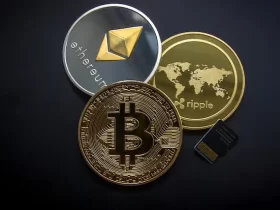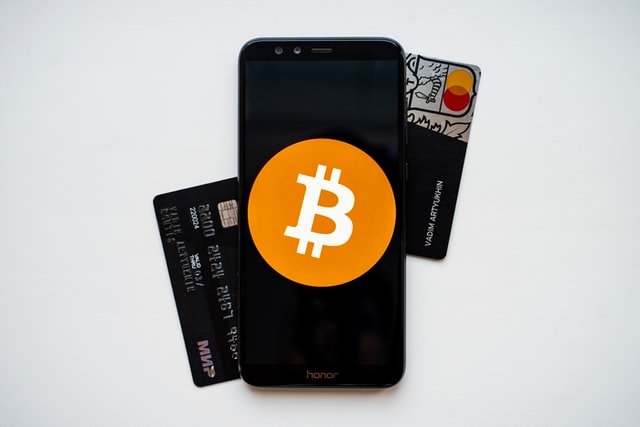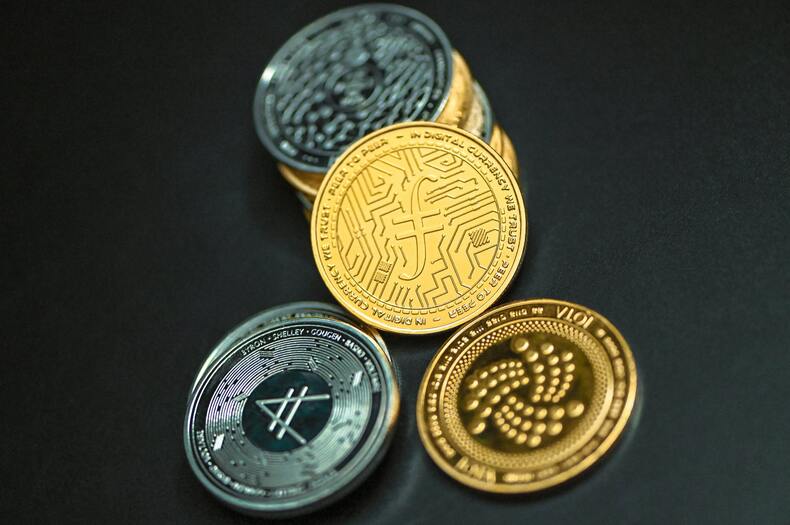
Why invest in Bitcoin?
It’s been encouraging to witness the widespread adoption of Bitcoin, particularly in the last several years. While the wealthy and famous were among the first to trade in Bitcoin, anybody may now do so using one of the several Bitcoin trading applications available. Considering the difficulties in predicting Bitcoin trends, it hasn’t diminished the enthusiasm of people who are engaged in cryptocurrency.
- Acceptance of Bitcoin is Increasing
If you’ve been keeping up with the news recently, you’ll know that Bitcoin adoption has been expanding rapidly among several well-known firms that have openly backed the cryptocurrency. Furthermore, since 2019, the number of users who have used the Blockchain wallet has been steadily increasing. The rapid adoption of Bitcoin by consumers indicates that the cryptocurrency’s prominence is unlikely to decline anytime soon.
- Bitcoin Investments are Increasing.
According to studies, the number of investors buying Bitcoin using services like PayPal and Cash App is gradually increasing. In reality, the Cash App’s Bitcoin income has surpassed $1.6 billion. In a recent study, The Cash App showed that their gross profit for the third quarter of 2020 was over $30 million.
- Adapted to the Macro Environment
Another reason to buy Bitcoin in 2021 is that it is well-suited to the macroeconomic situation. It’s worth noting that the cryptocurrency was created out of the international economic meltdown of 2008-2009. Bitcoin was introduced into the globe during a period of governmental and bank crises, and it prospered despite being mostly disregarded by the general public in its early days.
Years later, the globe is experiencing yet another crisis, with several nations undergoing bailouts and other issues. It is clear to observe the distinctive value proposition that Bitcoin has to provide during these times of trouble and Bitcoin’s skyrocketing demand.
- It’s simple to calculate Bitcoin’s S2F.
The notion of “Stock to Flow” is a terrific one that’s been floating about in the financial world. This approach may be used to calculate a product’s precise shortage. The stock reflects the total quantity of production in circulation, whereas the flow shows the precise amount of fresh supply added each year. Bitcoin’s S2F can be measured with 100 percent precision since it is an open-source cryptocurrency that maintains a set supply schedule.
Buying Bitcoin, like any other investment, comes with a set of well-known dangers. One of them is its price, which seems to decrease sharply from time to time. Other hazards are quite personal; for example, if your hard drive breaks, you may risk your whole Bitcoin stockpile in a matter of seconds; aside from that, hacking incidents aren’t unheard of, which raises the danger of investment in crypto. The good thing is that there are several app trading bots that enable you to trade safely and reliably in Bitcoin and other cryptocurrencies.
- Bitcoin Is Considered a “Value Store”
Bitcoin’s potential as a market/inflation insurance is fascinating. In the bitcoin industry, capital flows are important. Given Bitcoin’s market capitalization, the assumption that surplus money-seeking profits outside of the stock market would find their way into Bitcoin is predicated on the notion that Bitcoin is a superior store of wealth.
Investors think that by purchasing something with little utility outside of specified use cases (gold and crypto are comparable in this regard), the increasing price of this store of value would help to stabilize their profits in a bad market.
Reasons Not to Invest in Bitcoin
- Bitcoin isn’t very rare.
To begin with, bitcoin is only as limited as its software allows. Whereas actual metals, like gold, are limited to what can be extracted from the ground, the number of bitcoin tokens is restricted by computer code. It’s not impossible that programmers, backed by a sizable community, may decide to raise bitcoin’s token cap at some time in the future. As a result, bitcoin has the appearance of rarity without actually being rare.
- It has an issue with usefulness.
The ruler of cryptocurrencies is likewise beset by a lack of utility. About 18.51 million bitcoin tokens are in circulation right now, with a tiny number of investors holding around 40% of them. Even if fractional token possession is possible, the approximately 10 million to 11 million tokens now in circulation aren’t going to get you very far. In 2017, the global gross domestic product (GDP) was $81 trillion. Meanwhile, some $114 billion to $125 billion in bitcoin tokens are freely flowing and not owned by investors. There’s only a tiny bit of utility here.
- There is a low entrance barrier.
Although Bitcoin now has a first-mover benefit, the cryptocurrency market has a very low barrier to entry. For blockchain — the digital and decentralized ledger that records transactions — to be built and a digital token to be tied to the network, all that is required is time and coding skills. There’s nothing special about bitcoin’s blockchain that other companies couldn’t match.
- There are few physical methods for valuing bitcoin.
Another issue with bitcoin is that it has no measurable value as an asset. For example, if you wish to acquire stock in a publicly listed firm, you may examine its income statement and balance sheet, learn about industry-wide catalysts, and listen to management comments from recent conference calls and presentations. To put it another way, you can make an educated judgment.
- Theft/fraud is a big problem.
Although cryptocurrencies are far from the sole asset targeted by thieves, bitcoin raises substantial worries about fraud and theft. For example, inexperienced bitcoin investors may not realize the need of storing their tokens in a digital wallet, leaving them vulnerable to theft by hackers.
Moreover, various blogs and media have speculated that North Korea has turned to bitcoin mining and fraud to get money into its restricted economy. Bitcoin is often regarded as the “currency” of choice for organized crime.
- There are no rules.
Bitcoin is an uncontrolled asset as well. Although the lack of regulation is a selling factor for today’s crypto investors since it allows for some anonymity, it is bad news if something goes wrong. The Securities and Exchange Commission is restricted in what it can do if your digital tokens are ever seized because the mass of cryptocurrency trading and transactions take place outside of the United States’ boundaries.












Leave a Reply